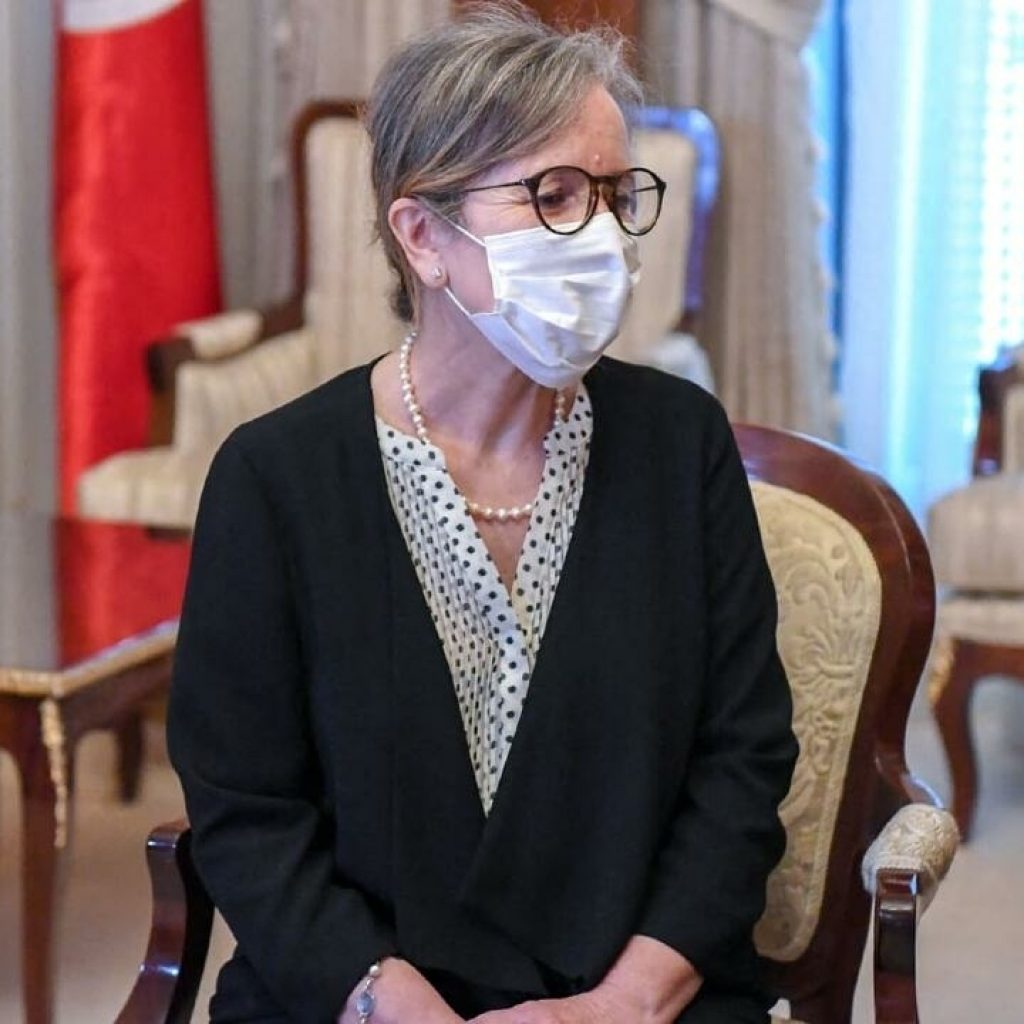
Tunisian President Kais Saied surprised many Wednesday with his appointment of Najla Bouden Romdhane, a 63-year-old professor at a prestigious engineering school, as the country’s first female prime minister.
The geologist was named prime minister after the office was vacated July 25 when Saied froze parliament and seized executive powers, leaving the country in limbo.
Saied’s office issued a statement ordering Bouden to fill Cabinet positions as soon as possible.
The president’s moves sidelined the Islamist Party that dominated the legislature, prompting critics to denounce his actions as a coup that jeopardizes the country’s young democracy and could threaten democratic gains made after the Tunisia Revolution that helped spark the Arab Spring in the early 2010s.
The Arab Spring was a sequence of armed, anti-government rebellions and other forms of unrest that swept across much of the Arab world in response to corruption and economic woes.
Last week, Saied suspended most of the constitution, contending he could govern by decree during an indefinite “exceptional” period.
In an online video, he said Bouden’s appointment honored Tunisian women and that the transitional government should address corruption and respond to citizen demands of all sorts, including those pertaining to health, education and transportation.
Bouden may have less power than her predecessors had under the 2014 constitution. Saied said last week when announcing the emergency period that the transitional government would be accountable to the president.

